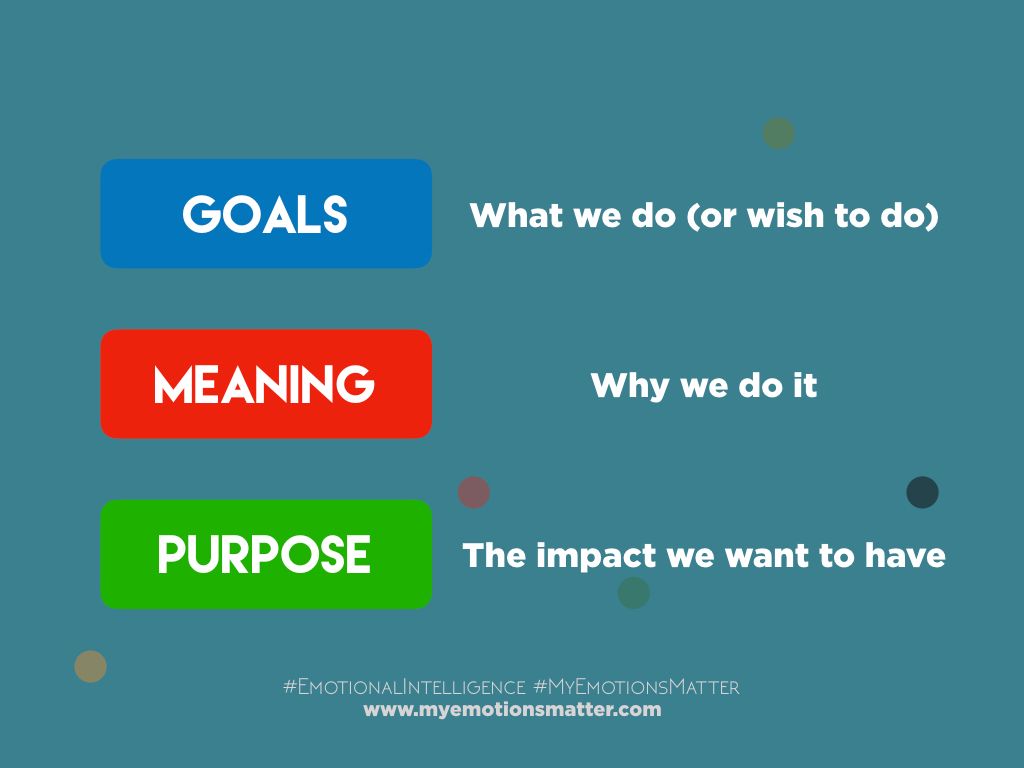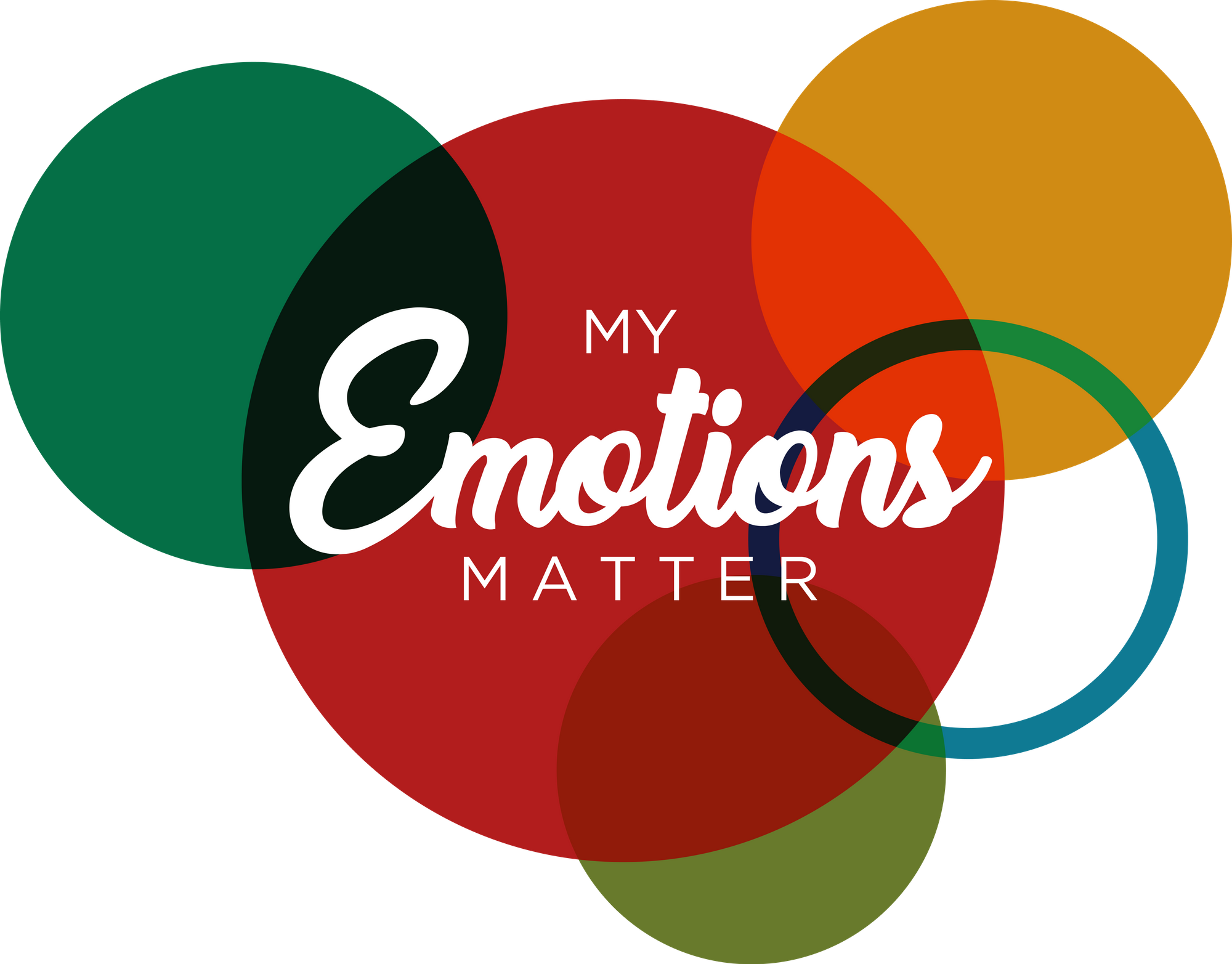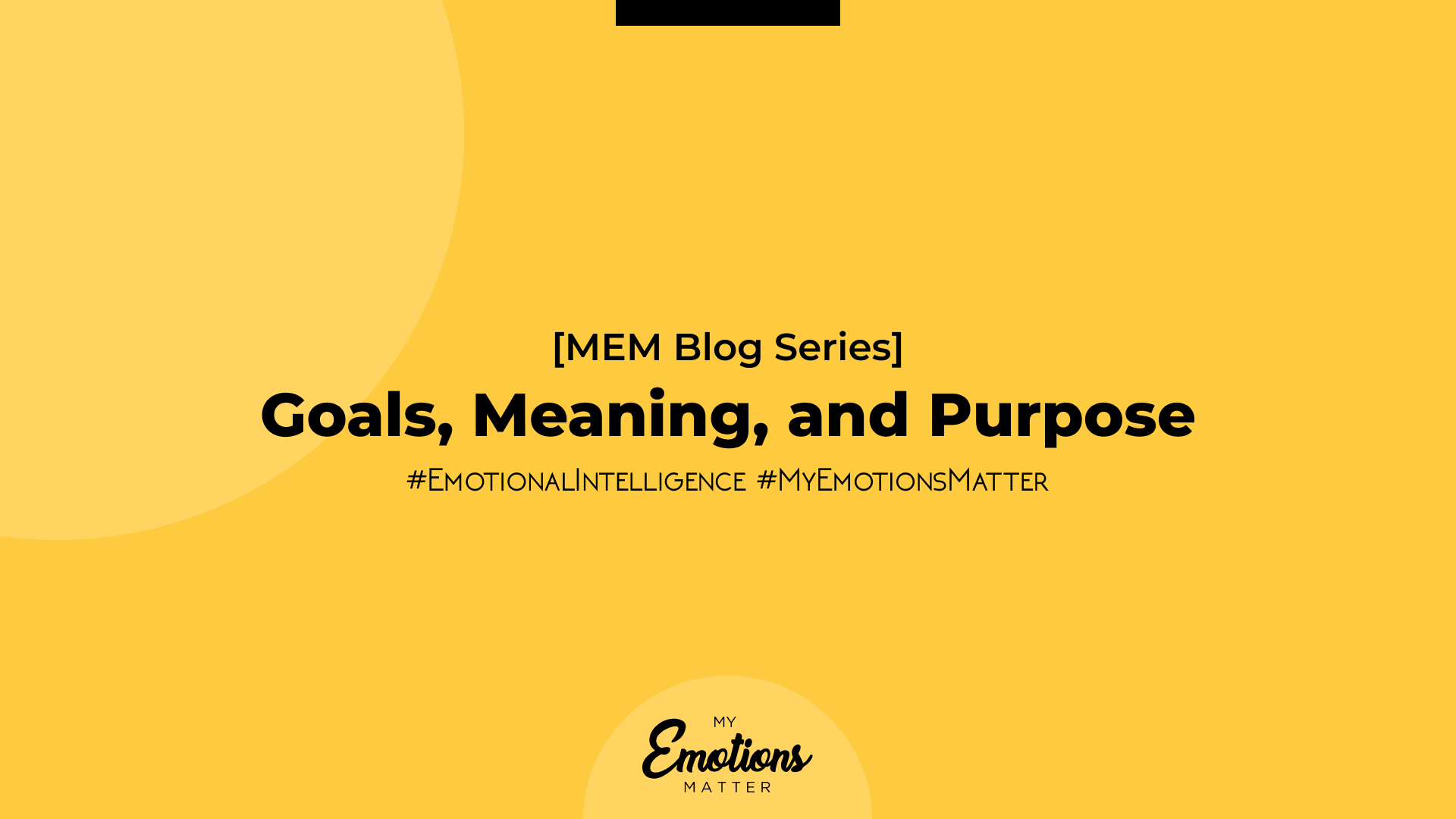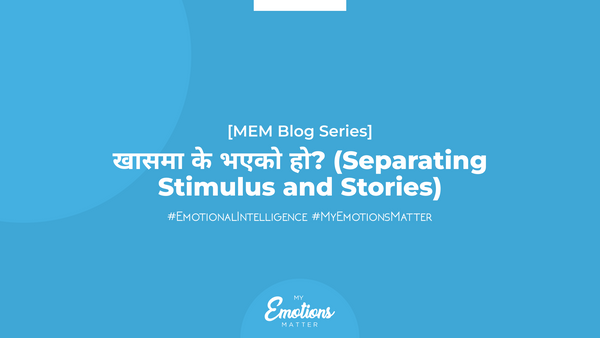Goals, Meaning, and Purpose
The KCG-123 model of Emotional Intelligence developed by the Six Seconds Network is a go-to framework I refer to when practicing Emotional Intelligence in my daily life. The framework consists of three main themes that the acronym stands for Know Yourself, Choose Yourself, and Give Yourself. The first component, Know Yourself, is about knowing our strengths and challenges in our daily situations, what we are doing, what we want, and might want to change. The second component, Choose Yourself, is about seeing a range of choices available to us in any given situation (instead of being myopic and stuck to just one option we can see). It is about choosing to respond rather than react. Hence, Choose Yourself helps us sift through factors like how we want to take action in a given context and, at the same time, how we influence ourselves and others.
Give Yourself is the third component of the model, which helps us connect our daily choices with our long-term vision of who we wish to be as individuals. Let's consider that we want to be someone who cares for the environment. However, we use plastic bags daily, leave the tap running while brushing our teeth in the morning, take longer showers, and use non-degradable products. By making such daily choices, are we giving ourselves what we envision becoming in the long run? No, right?
Practicing the component Give Yourself as a person who wants to care for the environment would mean we would use cloth bags instead of plastic ones, use water mindfully, and choose biodegradable or eco-friendly products. It would also include not judging people who cannot readily switch to making eco-friendly choices because of their reasons because it also means empathizing with the purpose of people around us and their long-term vision. We might want others to follow our lead and live more eco-friendly lifestyles. But, Give Yourself also means refraining from being a person who is not willing to understand the choices of people and their reasons for doing what they do. Give Yourself helps us grow into individuals who can listen, empathize, and inspire others to make better choices. As an Emotional Intelligence Practioner, I consider all three components Know Yourself, Choose Yourself and Give Yourself, equally important, as each informs and guides the others. However, having 'Give Yourself' in mind helps me take action at present, which will add value to the person I want to become in the long run while enabling me to understand the long-term vision of the people around me, too.
To understand and practice the component- 'Give Yourself,' having clarity about three concepts- goals, meaning, and purpose, can be helpful.

Goals are what we either do or wish to do in the days ahead. They include what we want to achieve in the short-term or long-term future. We create goals to become better versions of ourselves in one or more areas of life, like health, time management, academic performance, life relationships, or professional development. Goals are specific, measurable, and attainable as well. An example of a 'goal' can be to become physically fit, which might require us to exercise every day for 30 minutes, eat home-cooked food three times a day, and sleep 8 hours every night.
Meaning is the reason behind our goals. It explains why we do what we do and why our 'goals' hold importance for us. The meaning we give our goals motivates us to continue making choices that can help us achieve our goals and shape us into the individuals we want to be. So let's say our goal is to become physically fit, 'meaning' can help us figure out 'why' we want to become so. Maybe we want to build strong immunity, feel confident through physical fitness, become active, fight a medical condition, or lead a healthy lifestyle.
Purpose is the impact we wish to have on the people and world around us. Purpose means the bigger picture we have in mind when making our day-to-day choices and connecting with the people in our lives. When we are purposeful, we constantly remind ourselves to keep doing what we do and connect with people who could benefit from our help and vice versa. What can be the purpose if our goal is to become physically fit? Maybe it is to contribute to a world where people care about maintaining physical health and leading healthy lifestyles.
While goals are more actionable, meaning and purpose guide us in terms of our thought processes. We often want to achieve a goal, but we don't know why (we can't figure out the meaning it has for us) and the impact we wish to have in the world (the purpose of our actions and choices). If we don't think through the meaning and purpose of our daily choices, goals can't be sustainable.
Goals, meaning, and purpose also create a cyclic process. Our purpose guides us in creating life goals. Our goals further help us become better versions of ourselves in life areas that are meaningful for us. Together goals, meaning, and purpose can help us put our long-term vision into daily actionable choices.




